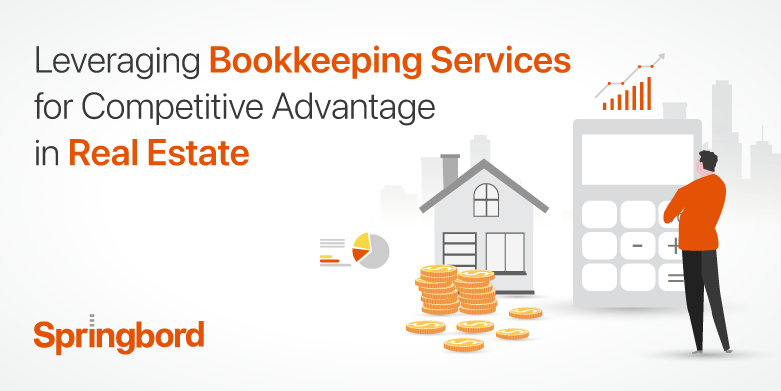Every dollar matters in the fast-paced business world, and keeping profitability depends on controlling operating costs. One area that often goes unnoticed and unchecked is Common Area Maintenance (CAM) charges in commercial leases. While these charges are intended to cover shared property expenses, many business owners are unknowingly overpaying due to errors, uncertain lease terms,
Effective asset and liability management is essential for maintaining financial stability and optimising investment returns in the dynamic and frequently unpredictable world of real estate. This aspect of financial management involves tracking and balancing the properties and debts held by a real estate business. Proper management allows businesses to maximize the value of their assets
Efficient accounts receivable (AR) management is crucial for the financial health of real estate businesses. Proper management of AR directly impacts cash flow, profitability, and the overall economic stability of a company. This blog explores the significance of effective AR management. It highlights common mistakes to avoid, ensuring that business owners in the real estate
Maintaining a property’s safety, functionality, and appeal to renters is an essential part of managing a real estate investment. However, navigating the financial landscape of property maintenance expenses and accounts payable can be a significant challenge for property managers and owners. This blog delves into the intricacies of managing maintenance costs, optimizing accounts payable processes,
Lease abstraction plays a critical role in the precision, efficiency, and strategic insight required to manage a large portfolio of leases. This procedure improves operational efficiency and compliance while facilitating well-informed decision-making. It does this by condensing important information from comprehensive lease documents. Traditional manual methods, however, are often error-prone and inefficient. To overcome these
Effective management of property management fees and commissions is an important aspect of financial stewardship for real estate businesses. Precise bookkeeping practices are important in property management, where revenue streams range widely from leasing fees to maintenance charges. To ensure accurate financial reporting, real estate firms must navigate complex fee structures and adhere to strict
Conducting CAM audits is an essential part of managing commercial real estate. For landlords, these audits ensure that CAM charges are accurately calculated, allocated fairly among tenants, and compliant with lease agreements and regulatory requirements. Let’s explore the significance of CAM audits in this blog, which emphasizes the importance of these assessments from the landlord’s
In an era where financial agility and compliance are paramount, the management of Accounts Payable (AP) has taken center stage in corporate strategy. As businesses navigate through the complexities of global markets, regulatory landscapes, and technological advancements, the need for streamlined and secure AP processes has become evident. Outsourcing these functions presents a strategic opportunity
In the dynamic and detail-oriented world of real estate, the precision of financial management not only defines operational efficiency but also underpins strategic agility and competitive advantage. As the industry contends with complex transactions, fluctuating markets, and stringent regulatory requirements, the role of specialized bookkeeping becomes not just a necessity but a strategic asset. At
As we get into the digital age, the ability to effectively use artificial intelligence (AI) and machine learning (ML) hinges significantly on the quality of data these technologies are fed. Data annotation is the process that ensures this quality by labelling data in ways that are meaningful for machines to process and learn from. This










